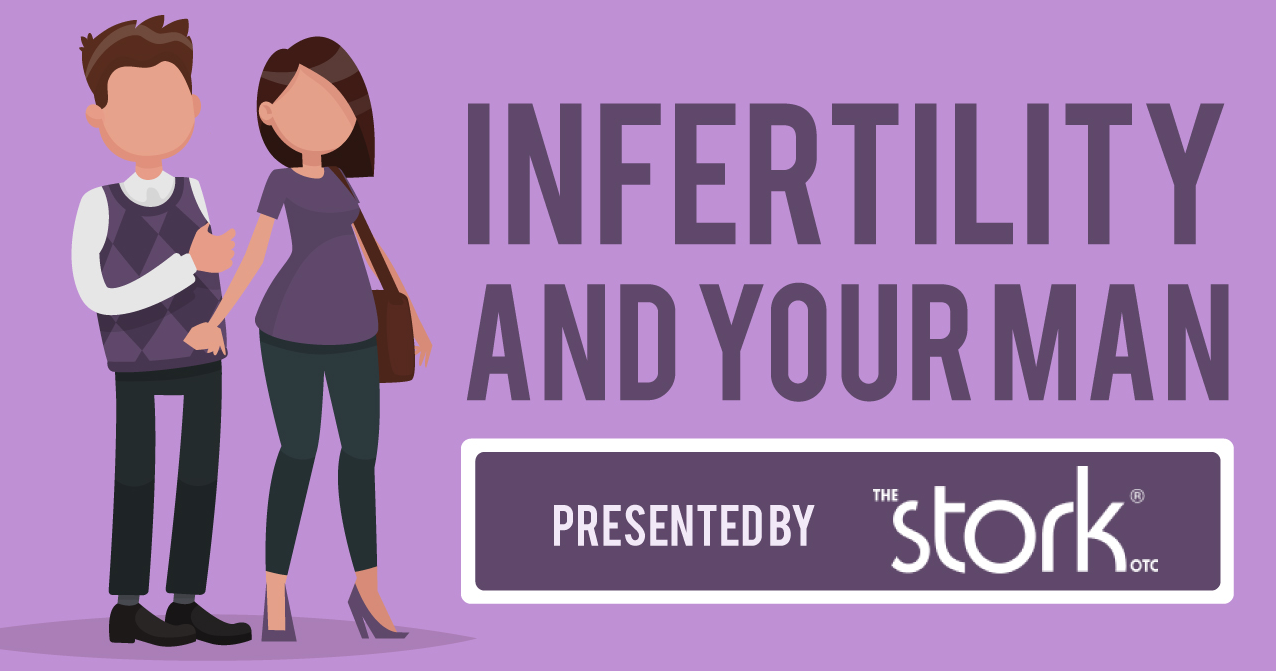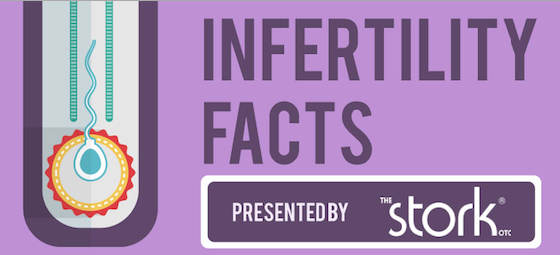What is polycystic ovary syndrome? Among women of reproductive age, this condition, also known as PCOS, is the most common hormonal disorder.
The word polycystic breaks down as "poly," meaning more than one and "cystic," meaning there are often multiple cysts found in the outer edges of the ovaries in women with this condition.
Some of the signs and symptoms which can alert a young woman or her health care provider to the fact that she may have PCOS are infrequent, irregular and prolonged menstrual periods, acne and obesity, or excess facial hair. The most difficult aspect of PCOS is that there can be challenges in becoming pregnant, due to infrequent ovulation or really not ovulating at all.
Polycystic ovary disease affects hormone cycles. Since hormones help regulate the normal development of eggs in the ovaries, any changes or disturbances to this regularity will cause difficulties in a woman's ovulation cycle. At this point it is not entirely understood why these irregularities take place, although there does seem to be a genetic factor as it tends to run in families.
Follicles are sacs within the ovaries that contain eggs. In polycystic ovary disease, there are many poorly developed follicles in the ovaries. The eggs in these follicles do not mature and, therefore, cannot be released from the ovaries. Instead, they form cysts in the ovary.
This can contribute to infertility. The immature follicles and the inability to release an egg (ovulate) are likely caused by low levels of follicle stimulating hormone (FSH), and higher than normal levels of male hormones (androgens) produced in the ovary.
Women are usually diagnosed when in their 20s or 30s. Women with this disorder often have a mother or sister who has symptoms similar to polycystic ovary disease.
For more details on this condition, please go this site:
http://www.nlm.nih.gov/medlineplus/ency/article/000369.htm
http://www.mayoclinic.com/health/polycystic-ovary-syndrome/ds00423
For support for this condition please follow this link:
http://www.pcosupport.org/
Aimee Boyle is a freelance writer and teacher.






Add a CommentComments
There are no comments yet. Be the first one and get the conversation started!